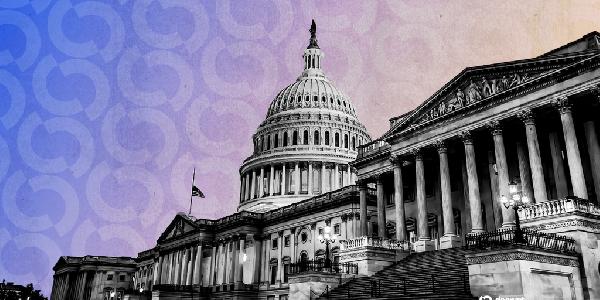Crypto platforms in India have been directed to intensify surveillance of transactions originating from Jammu and Kashmir and other border regions, as part of a broader government push to stem illicit finance and cross-border terror funding.
The advisory, issued last week by the Financial Intelligence Unit, or FIU-IND, instructs exchanges to flag activity tied to “private wallets.” The advisory defines these as non-custodial tools that allow direct peer-to-peer crypto transfers without oversight from exchanges or custodians.
Such flows, authorities say, could be exploited to bypass formal banking routes and obscure links to terror networks.
The order arrives amid long-running tensions between India and Pakistan over Jammu & Kashmir, a region that remains a geopolitical flashpoint and a national security priority.
With conflict-prone terrain and porous borders, intelligence agencies have increasingly eyed crypto as a potential vector for cross-border financial abuse.
“It’s not new,” Mohith Agadi, founder of decentralized fact-checking system Fact Protocol, told Decrypt. “They usually scrutinize crypto transactions for money laundering and terror financing.”
“When incidents like this happen, they do it even stringently,” Agadi explained.
The directive in India goes beyond routine Suspicious Transaction Reports (STRs), which crypto firms are already obligated to file, similar to traditional financial institutions.
This time, exchanges have been explicitly told to prioritize transactions by users in border locations, even absent overt red flags.
An industry executive cited by The Economic Times warned that privacy coins such as “Monero and Zcash” could complicate enforcement efforts.
Once converted, “such transactions would not leave a trail that Indian law enforcement agencies can track easily,” the insider said.
Referencing a landmark 2020 U.S. operation that seized over 300 crypto accounts, multiple websites, and millions of dollars tied to ISIS, al-Qaeda, and Hamas, Agadi noted that while terror groups have exploited digital assets, the same technology “often becomes their downfall.”
The executive said that with the right frameworks and tools, it’s possible to “strike a balance between privacy and security,” using Web3 not to enable terrorism, but to combat it.
India’s probe comes as global law enforcement agencies ramp up scrutiny of crypto-financed terrorism.
Last week, a Virginia man was sentenced to 30 years in prison for funneling over $185,000 in crypto to ISIS via encrypted chats and in-person collections.
The funds were routed through Turkey to support female ISIS members in detention camps, finance prison escapes, and aid militant operations across Syria, according to the U.S. Department of Justice.
Edited by Stacy Elliott.
Your Email









